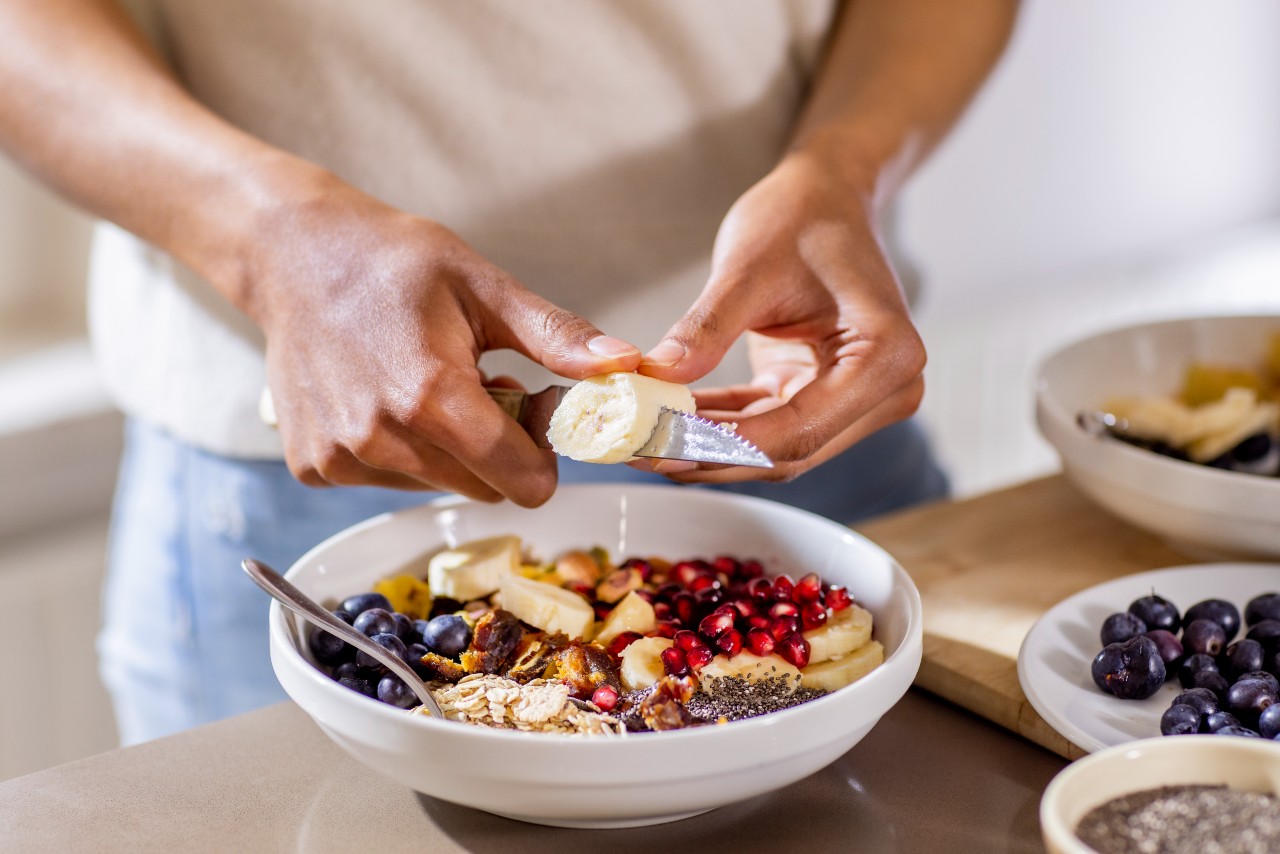For a long period, people believed that a healthy lifestyle, regular exercise, and a proper medical regimen resulted in healthy people. In recent years, scientists have been focusing their attention on the most overlooked area of our body called the gut, which isn’t simply a food conduit and plays a significant part in our physical, mental, and emotional well-being.
The idea of the gut microbiome arises with millions of friendly microorganisms residing as tiny organisms within our bodies to help keep the body in a healthy balance and to avoid different kinds of ailments within our bodies. The most exciting part is that these beneficial microbes can be helped through us, in an easy manner, which is by consuming the right nutrition or supplements.
That’s how the idea came about of prebiotics and probiotics. Probiotics and prebiotics were initially considered to be a part of nutrition science, but they are now a primary source for not only gut health but also for the entire body. These beneficial bacteria are found in many fermented food items such as buttermilk, pickles, yogurt, and more. They can also be found as supplements in specially designed capsules.
On the other hand, Prebiotics are special fibers that are not digestible and can be found in a variety of plant-based foods such as onions, garlic, bananas, and so on. Both act as foods for good bacteria, which aid them in their ability to expand and limit diseases. The majority of people don’t realize that a significant quantity of Serotonin is the main chemical that can make us feel happy, which is created in our guts.
If our gut health is good and healthy, it will make us feel more relaxed and happier. Numerous studies have been conducted regarding prebiotics and probiotics, and in a meta-analysis report from 2024 at the University of California, it was discovered that supplementing with probiotics can reduce anxiety and depression in six to eight weeks for people.
How might probiotics help with digestion and restoring equilibrium?
Probiotics are healthy bacteria and can be extremely beneficial to the digestive tract. Probiotics can help restore a healthy balance of good bacteria and harmful ones after they are disturbed by an inadequate diet, excessive use of antibiotics, or stress, and so on. The increase in enzyme activity aids in breaking down complex carbs, fats, and proteins in a very efficient manner, and thereby improves digestion, taking in nutrients more quickly.
Numerous infections, frequent antibiotics, and bad diets can disrupt our gut floraProbioticscs restore their levels. It also improves the intestinal barrier, which reduces the chance of causing inflammation as well as leaky gut. We know that 70-80 percent of our balance in immune system is dependent on our gut. The use of probiotics helps to strengthen the immune system and aids in the reduction of various immune diseases.
How might probiotics help with digestion and restoring equilibrium?
Prebiotics, as we all know, are food fibers that are consumed by gut bacteria, but they aren’t digested by humans. In simple terms, we can claim that prebiotics are the diet of probiotics, which are gut-friendly bacteria. Many of the foods we consume in our diets, such as onions, garlic and bananas, apples and flaxseed, oats, and so on. Assist in the nutrition of healthy gut bacteria through increasing bowel regularity, decreasing inflammation, promoting the integrity of our gut, and more.
Garlic has FOS and inulin that aid in the growth of bifidobacteria and lactobacillus. Onions are a rich source of sulfur compounds as well as inulin, which helps to increase healthy digestion, bacteria, and enzymes. Apples are loaded with pectin, which is a stimulant for SCFA creation in the intestines. Flax seeds support healthy bacteria by supplying Mucilage and soluble fiber to the gut. So, different prebiotics help boost healthy gut bacteria in different ways.
For optimal gut health, combine probiotics and prebiotics.
To create a symbiotic impact, the probiotics and prebiotics must be mixed. This is a potent combination to improve digestion and provides numerous advantages. Combining prebiotics and probiotics increases the activity of good bacteria that live in the gut and with increasing their chances of survival within the gut.
Both will create the most efficient and healthy immune system, which can reduce the possibility of getting sick and allergic reactions. Because of their effects on the brain-brain axis, using them can also help improve mental well-being. Combining them promotes gut health by providing faster relief from IBD, IBS, antibiotic-associated diarrhea, leaky gut, etc.
Probiotics and prebiotics can, of course, be combined.
- Dosa or Idli (Probiotic) + coconut chutney made with freshly cut garlic (Prebiotic): Naturally fermented Idli or Dosa is a source of good bacteria and garlic. Coconut chutney has inulin and FO, S, which serve as prebiotics.
- Curd (probiotic) + raw onion (Prebiotic): Curd is a great source of lactobacillus, while onion is rich in sulfur and inulin.
- Pickles made at home (Probiotic) with Khichdi and rice (Prebiotic): Homemade fermented pickles such as lemons and green chili pickles, mango pickle, and more. Are high levels of LAB (lactic acid bacteria) such as Lactobacillus plantarum, L. Brevis, L. fermentum, etc. And the boiled rice, or Khichd, has fibers as well as resistant starch. These are powerful prebiotics that, together they aid digestion.
- Buttermilk (Probiotic) + Jeera and Ajwain spice (Prebiotic): Buttermilk is a live probiotic strain that includes Lactobacillus acidophilus, L. Casei, L. lactis, Streptococcus thermophilus, and others. Additionally, Ajwain has thymol. Jeera (cumin) has polyphenols as well as essential oils, which control the gut microbiota.
- The Sprouted Moong Salad (Probiotic) : raw or grated cabbage (prebiotic)during the process of sprouting, the natural LAB, as well as wild beneficial bacteria grow within the lentil if it is maintained in a clean environment, such as Lactobacillus plantarum. And also, cabbage is rich in FOS (Fructo Oligosaccharides). Raw carrots contain carotenoids, soluble fiber, er etc. When combined, they are extremely beneficial to our gut.
As previously mentioned, ned there are a variety of combinations of prebiotics and probiotics that we can consume in everyday life to create synergistic effects that can not only boost the life and activity of the gut microbiome (good bacteria) but also increase immunity, enhance absorption of nutrients, and improve absorption of nutrients.
Conclusion
Health starts in the digestive tract. The food we put into our bodies directly feeds the inner ecosystem. If we take care of our diet, our body, our brain, as well as our feelings are grateful to us. We are slowly awakening to this reality, and in the coming years, the usage of prebiotics and probiotics could become just as important as everyday vitamins for everyone’s lives.

